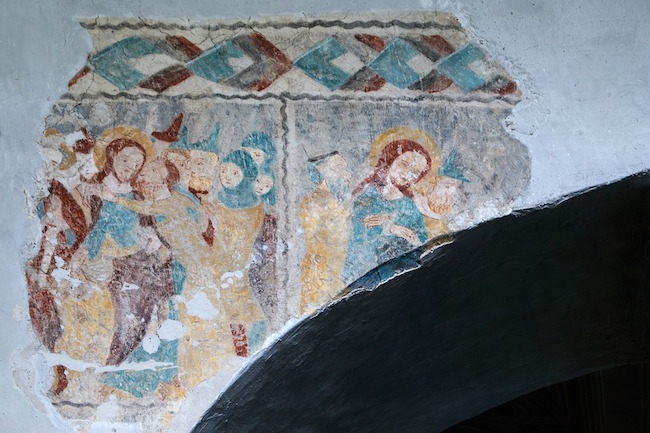What First Century Christians Could Teach Us Today by by Michael L. Brown for Ask Dr Brown
Growing up in a country like America where we get to vote and influence the government, it’s difficult to imagine what it would feel like to live under an absolute monarchy. Or a tyrannical dictatorship. Or an oppressive, all-controlling regime. Yet the early followers of Jesus not only lived in such environments, but they flourished and grew. What can we learn from these early believers? What would they each us today?
First, they would teach us that no matter who leads the nation, no one can stop the gospel. And no matter what form of government we have, the church can grow and thrive.
I do imagine that these Christians would be amazed at the liberties we enjoy. (Obviously, they would be amazed by a lot of other things too.) They would like tell us to do our best to guard these liberties.
But they would remind us to put our trust in God not in government and not to confuse patriotism with the kingdom of God.
Second, they would encourage us not to get caught up in partisan politics, a concept that would have been largely unknown to them.
You see, in the Roman Empire, there were not rival political parties, with your vote making a difference between which candidate would come into power. You did not have Democrat vs. Republican (or the equivalent). And while there were different social and philosophical factions, there was not a political divide. For the most part, the emperor was supreme.
For the early Christian, then, the divisions were more basic. There was light and darkness. There was the church and the world. There was the kingdom of God and the kingdom of Satan. There was heaven and hell. And there was saved people and lost people.
That is how they saw their world, and that is how they saw their mission. Put another way, although they brought about powerful cultural change through the gospel, their focus was not on reforming the Roman Empire. Their focus was the Great Commission.




